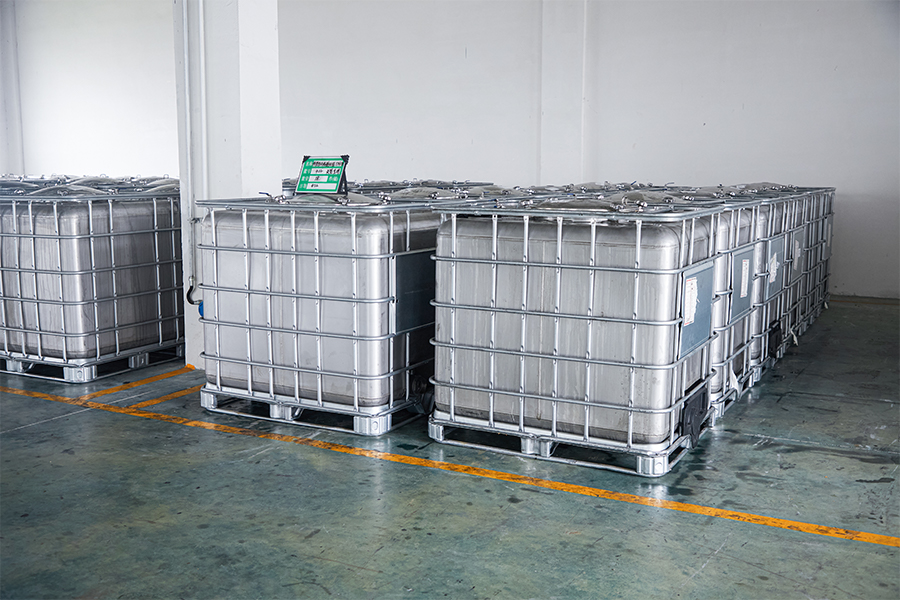When choosing a coating for your project, two common options often come to mind: water-based coatings and oil-based coatings. Both of these types of coatings are widely used in industries ranging from construction to automotive, and each offers unique benefits and limitations.
1.1. What Are Water-Based Coatings?
Water-based coatings primarily use water as a solvent. This makes them generally more eco-friendly because they contain fewer harmful solvents and VOCs (volatile organic compounds), which can contribute to air pollution and health issues. These coatings are typically made from resins such as acrylic, polyurethane, or epoxy, which are dispersed in water.
Because water-based paints dry through the evaporation of water, they tend to have a much faster drying time compared to their oil-based counterparts. This characteristic makes them a popular choice in environments where quick turnarounds are important.
Pros of Water-Based Coatings:
Lower environmental impact: With fewer VOCs, water-based coatings are safer for both users and the environment.
Faster drying time: Water-based paints typically dry faster, allowing for quicker application and less downtime.
Easier cleanup: You can clean brushes and tools with soap and water, rather than needing solvents like turpentine or mineral spirits.
Cons of Water-Based Coatings:
Less durability on certain surfaces: Water-based coatings might not be as durable on surfaces exposed to heavy wear and tear, such as outdoor decks or high-traffic areas.
Can be affected by humidity: Excess moisture in the environment can slow down the drying process, making application more difficult.

1.2. What Are Oil-Based Coatings?
On the other hand, oil-based coatings use petroleum-based solvents such as mineral spirits, linseed oil, or alkyd resin as a carrier for the pigment and other ingredients. These coatings are known for their long-lasting durability and are ideal for surfaces that require a tough, weather-resistant finish.
One of the most significant benefits of oil-based coatings is their excellent ability to adhere to surfaces, providing a smooth, hard finish that resists wear and tear. They are especially favored for high-traffic areas and outdoor applications where protection from the elements is crucial.
Pros of Oil-Based Coatings:
Durability: Oil-based coatings tend to provide a thicker, more robust finish, making them ideal for surfaces that need extra protection.
Smooth finish: They level out nicely during application, creating a smooth, even finish without streaks.
Weather resistance: These coatings are often more resistant to wear and weathering, making them great for outdoor use.
Cons of Oil-Based Coatings:
Slower drying time: Oil-based coatings take longer to dry and cure, which can delay project completion.
Higher VOC content: Oil-based coatings typically release more harmful chemicals into the air, making them less environmentally friendly.
Harder cleanup: After use, brushes and tools need to be cleaned with solvents, which can be harmful to the environment.
1.3. Which One Should You Choose?
The choice between water-based coatings and oil-based coatings ultimately depends on the specific needs of your project. For example, if you're working in an environmentally sensitive area or need a quick turnaround, water-based coatings might be the better choice. They also work well for indoor use where VOCs are a concern.
On the other hand, if your project requires a long-lasting, durable finish for an outdoor structure, oil-based coatings may be the better option due to their superior durability and resistance to harsh weather conditions.
Understanding the differences between water-based coatings and oil-based coatings is crucial in making the right choice for your project. Whether you're protecting an interior wall or a weather-beaten outdoor fence, there’s a coating solution that fits your needs perfectly.


 English
English русский
русский Español
Español Português
Português عربى
عربى
